sgraffito
A couple of weeks before I left for the UK, I learned a new pottery term: sgraffito. It comes from the Italian word graffiare, meaning “to scratch,” and it refers to a technique where you scratch through the surface of an underglazed pot to reveal the original colour of the clay. It’s done when the pot is “leather hard” — the part of the process when the pot has dried a bit but is still malleable, so you can trim and shape it into the form you desire — before it goes into the kiln for the first glaze. I love the look, and so now that I’m back in Houston, I’ve been eager to try it.
When I left for the UK, I was still reeling from the election, so I knew the time away would be good for me. While I was gone, I didn’t do much more than glance at headlines, but even that was enough to send me into a fury. Eventually, I stopped looking at them altogether. The constant stream of hot takes demoralizing; besides, I was starting to believe that the seduction of anger — an emotion that so many forms of media, social or otherwise, rely on to make money — was just unhealthy.
Over the weeks away, my fury abated.
I’ve said before that I’m very pro-anger — it’s the spark that often spurs us into action — but I’m also very clear that anger is dangerous fuel. So the time away allowed me the space to consider: if I scrape away the anger — like sgraffito — what lies underneath? What do I want to stand for? And how do I want to move forward, in response to an election that seemed to indicate an overall societal shift toward bigotry and callousness?
As usual, I cracked open my journal to see if I could find answers to these questions, hoping they might lead me to my word of the year. For over a decade, my word of the year — chosen right before a new year begins — often acts as my North Star, something to remember as I navigate both personal and professional challenges. This year, however, as I journaled, I discovered that my election discontent needed more than a single word: I needed to come up with something more specific, more concrete, to act as a lens for everything I do. Instead of a single word, I wanted something more like a code, one that I could use to evaluate opportunities that come my way, inform the strategy for my work, and shape how I live my life going forward. Because, I think, staying in anger isn’t going to change anything. But forward movement will.
So after this interrogation — a sort of personal sgrafitto — I came up with a way to move forward that feels considered, and authentic to who I am. And so, in the interest of full transparency for 2025 and beyond, you can expect me to be creating more than I consume. I believe that the seduction of anger I mentioned above has become so pervasive that it’s hard to consume much of anything anymore — analog or digital — without falling prey to the outrage that is being intentionally generated for our consumption. While I have no intention of closing myself off from current events, I do want to add more positive to the discourse than I internalize. This creation will be for personal use (for example, my newfound love of learning pottery), but I’ll also be creating as many positive offerings that I can put out into the world as I can (in the form of books, essays, short films, on- and offline communities, and whatever else I can think of — watch this space). And as I do so, I’ll create guided by the following tenets:
Kindness is a power move. I believe that if we’re going to reset this shift toward individualistic thinking, we’re going to need a critical mass of people who lead with kindness — which of course means being affirmatively kind, but maintaining boundaries and holding people who behave badly accountable in a way that is non-shaming, non-humiliating, and non-retaliatory. We’re also going to need a critical mass of people who elevate and amplify other kind people and celebrate their good works. In the spirit of a rising tide lifting all boats, kindness should be a lodestar.
At a bare minimum, radical belonging. I believe that every person, regardless of gender identity, who they love, how they pray, how old they are, or their abilities should not only share equal rights, but should also be radically welcomed. I want my work and my life to be all about this welcoming.
Joy is the ultimate act of rebellion. I define joy as the emotion tethered to mission, purpose, self-compassion and play. And in a world that feels like it capitalizes on our disillusion and despair, joy feels like a revolution.
Coming up with this code — this declaration of how I want to move forward — feels optimistic, but mostly I feel purposeful. And so, wish for all of us this week: that we take some time to practice a little self-sgrafitto: if the anger, or fury, or despair, or disillusionment with the world is scraped away, how would we want to move forward in the world for the coming year?
Because together, I really believe we can create a positive revolution.




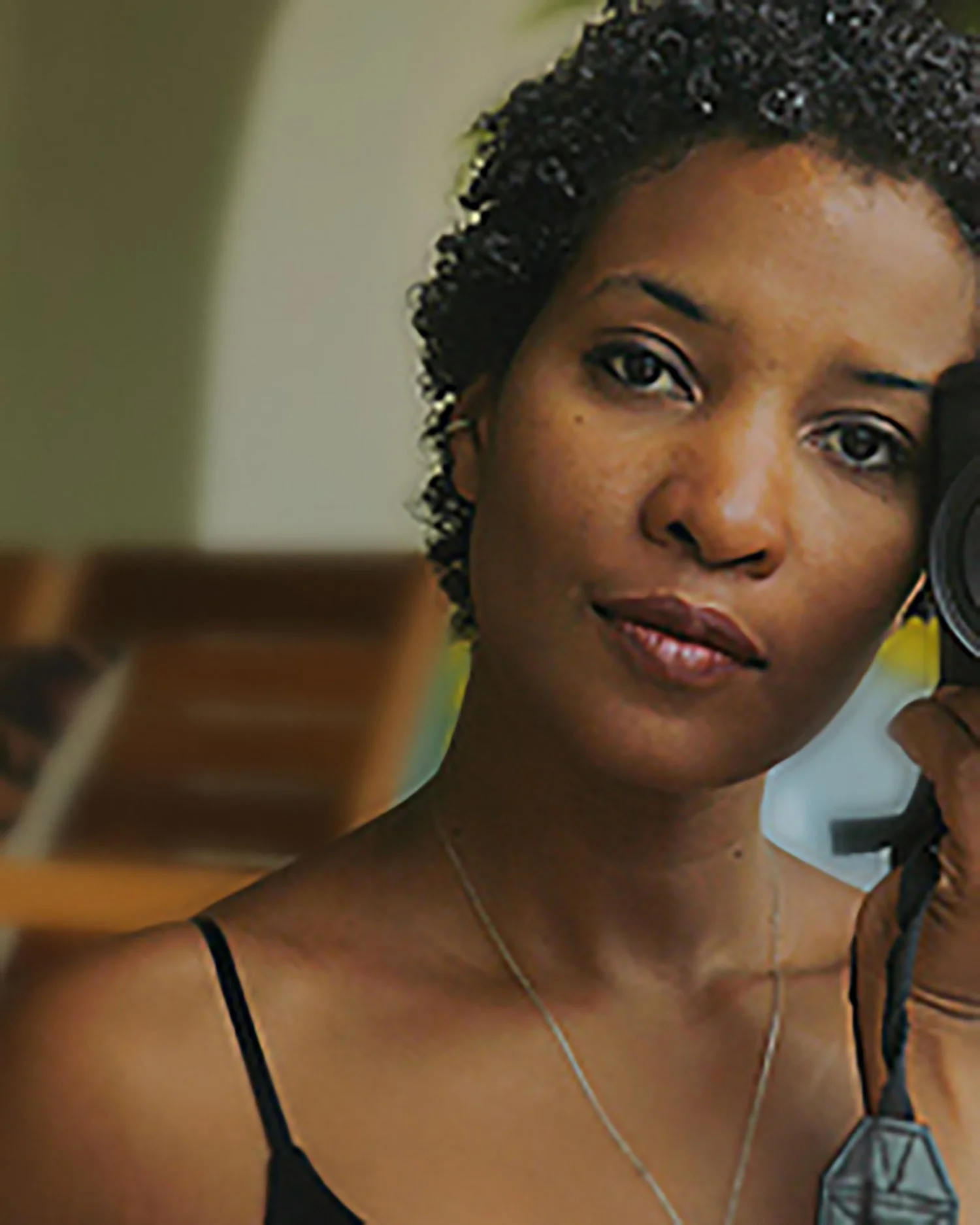
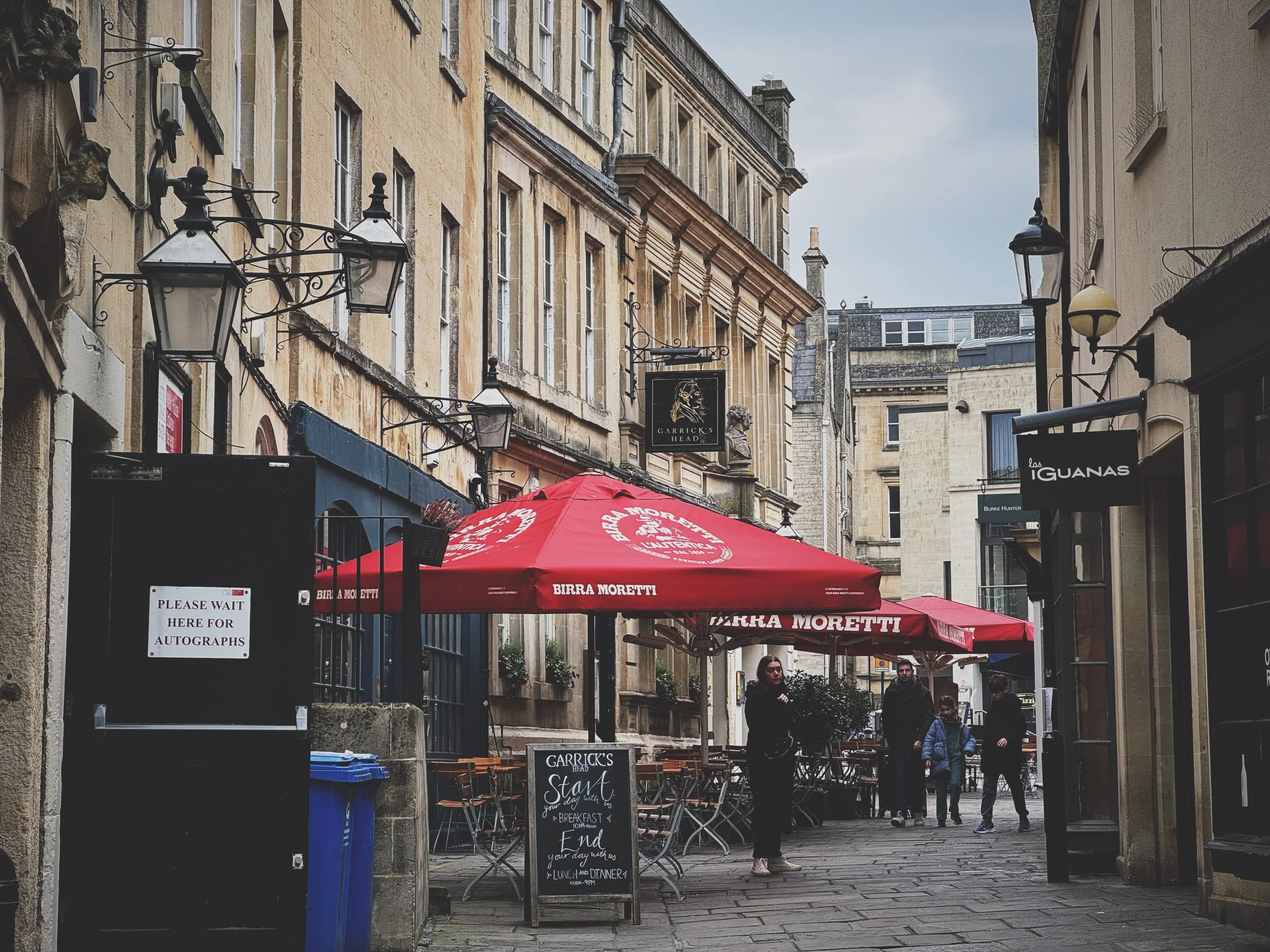
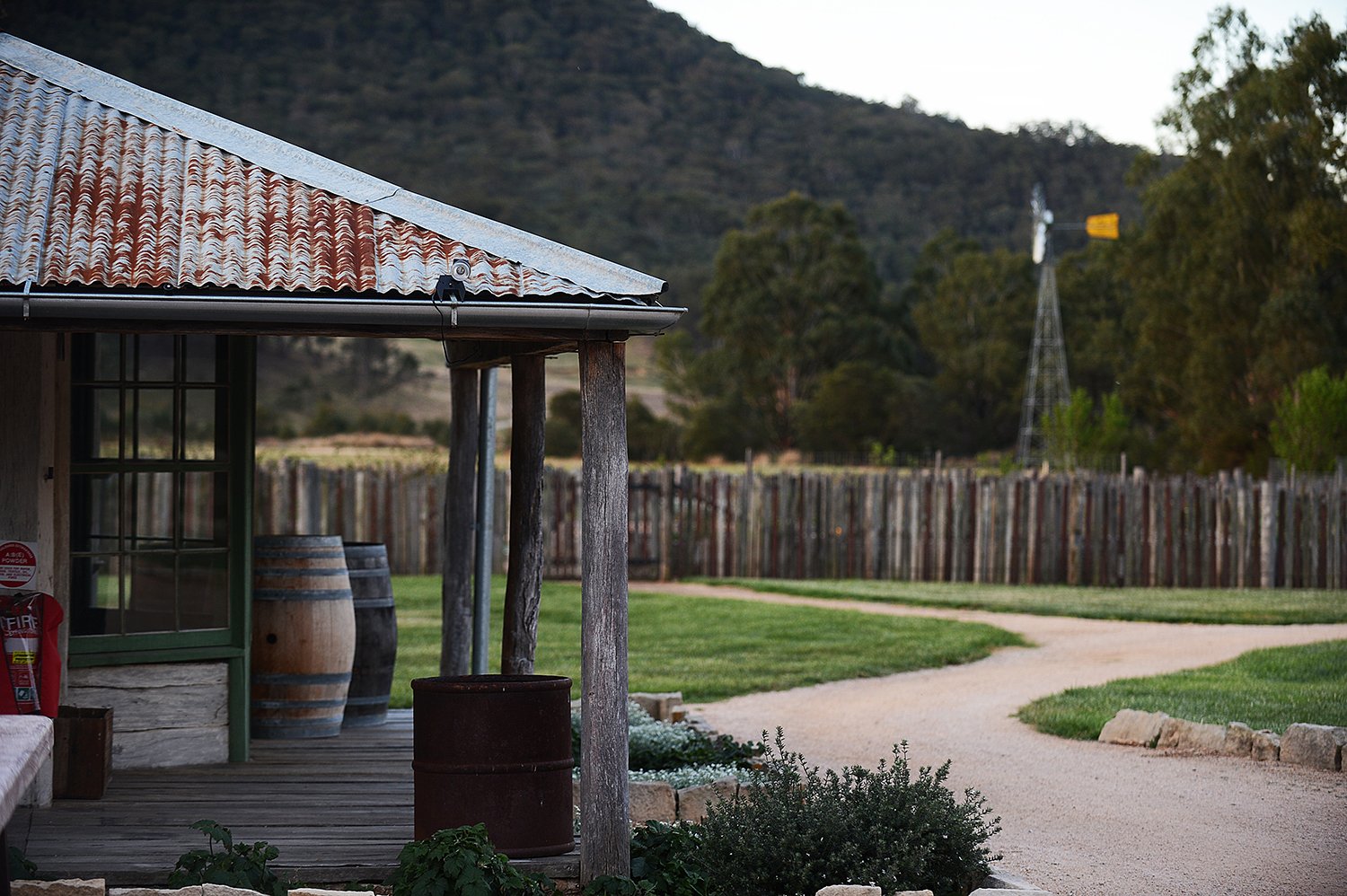


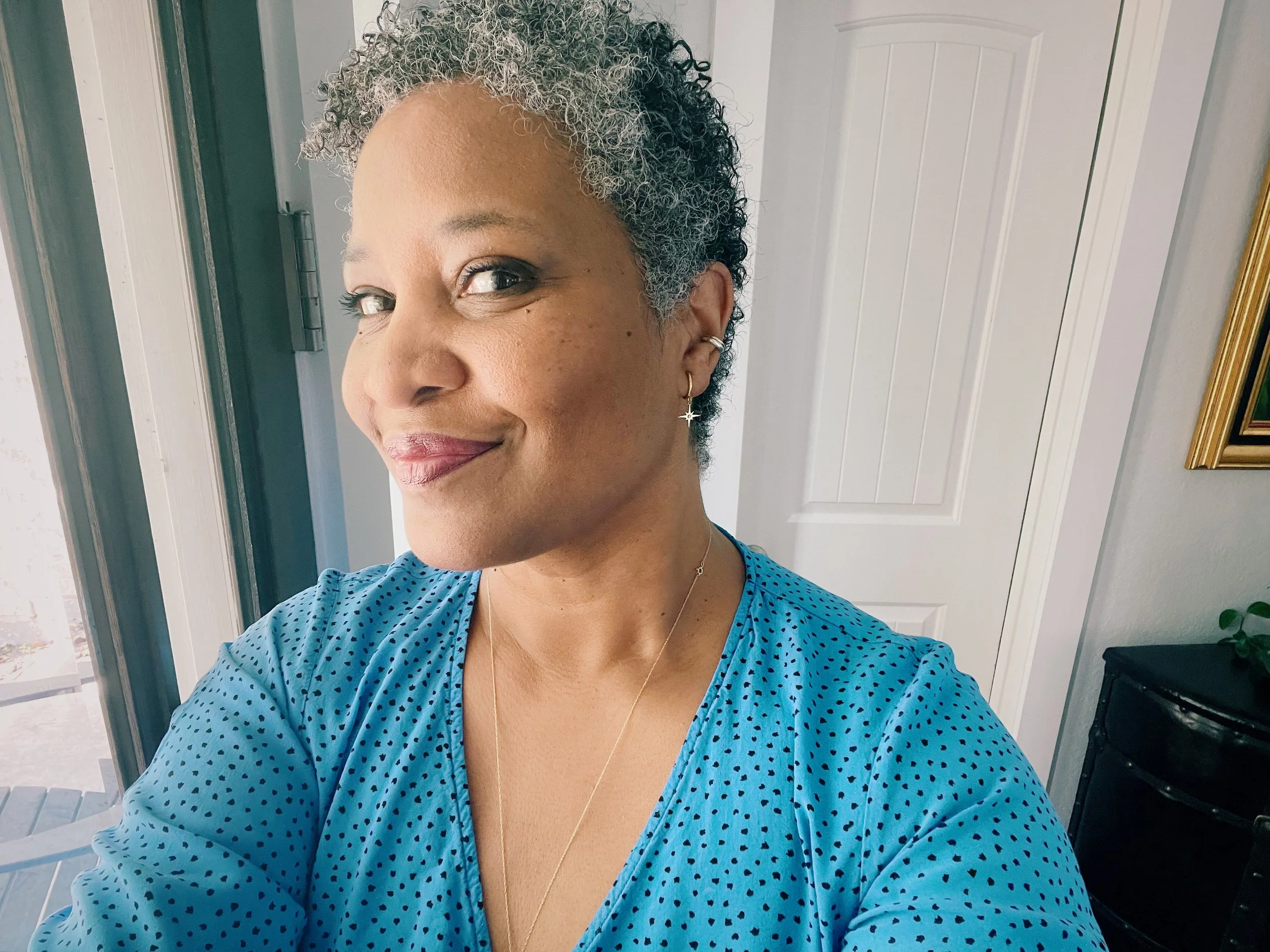




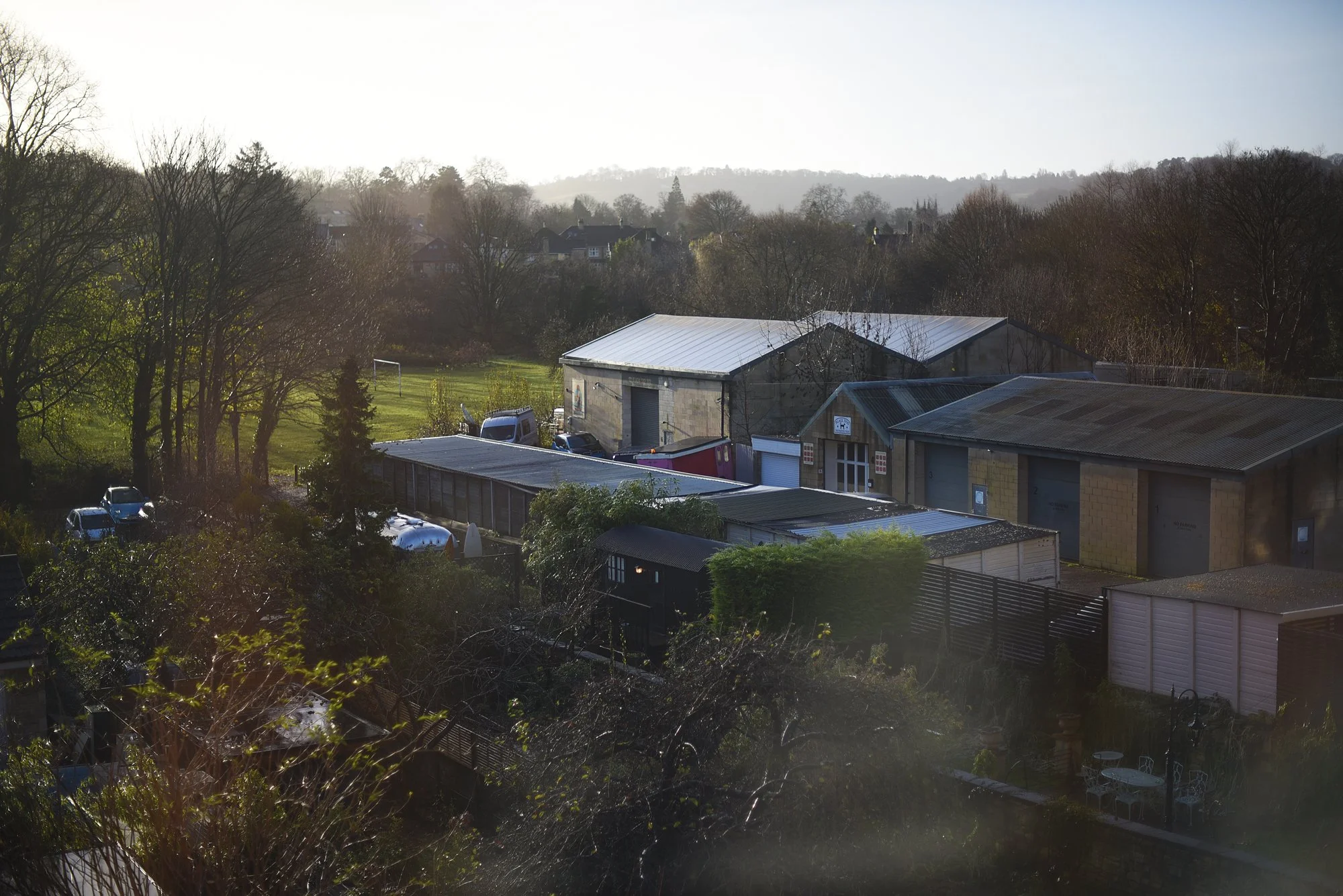





A little about the new book.